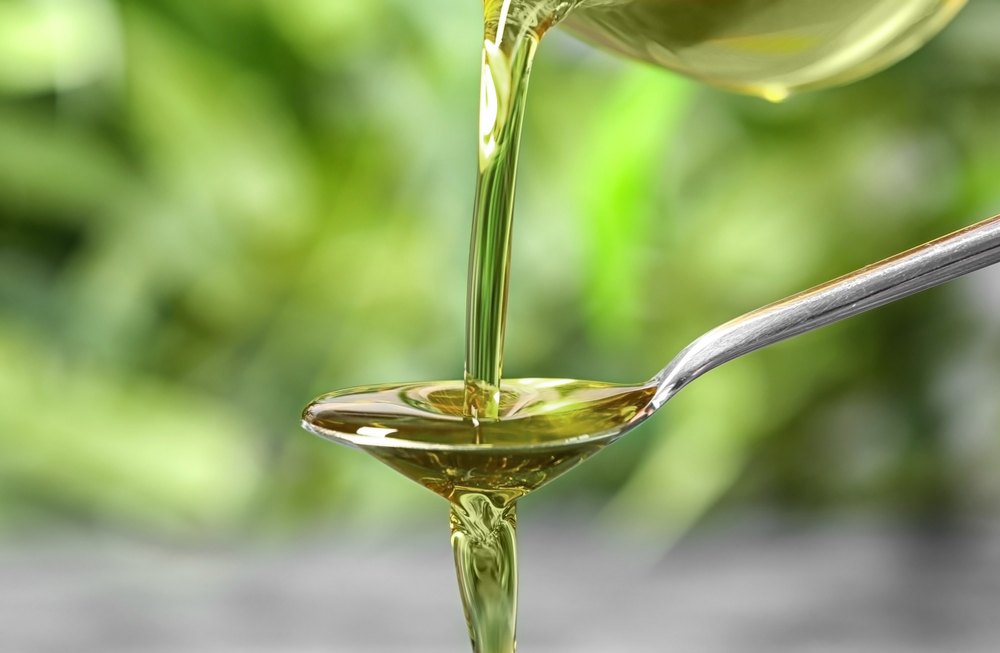What is hemp oil?
If you read our blogs frequently you have probably heard a lot about cannabidiol (CBD) and CBD oil. But what about hemp oil? Is this the same? Or is it something else? Let’s take a look.
Hemp oil is oil obtained by pressing hemp seeds. Cold pressed, unrefined hemp oil is dark to a clear light green in color, with a nutty flavour. The darker the color, the grassier the flavour.
It is completely different from cannabis oil and has no mind-altering capacity. It also differs from CBD oil. The oil derived from the flowers, leaves, and stems of hemp – rich in CBD – also has health benefits. It is commonly known as CBD oil. To find more differences between the two oils check out this blog.
How is hemp oil produced?
This oil has several industrial uses, in addition to being a nutritious dietary supplement with amazing health benefits. There are several processes for extracting the oil from hemp seeds. The process of extraction often depends on the intended use.
Cleaning the seeds
Threshing and winnowing the seeds manually or mechanically is very important to ensure that no plant matter sticks to the seeds. The presence of plant matter can alter the chemical composition of the oil.
Extracting the oil
The extraction process can cause differences in the physical and chemical compositions of the oil. Differences in the extraction process also lead to variations in the economics of the yield.
Ingredients
Hemp seeds contain these minerals and hemp nutrients:
- Vitamin C
- Calcium
- Iron
- Omega-3 fatty acids
- Gamma linolenic acid
- Arginine
- Magnesium
- B vitamins
Many of these nutrients contribute to health. Note that hemp seeds contain a significant amount of iron. This helps prevent iron deficiency or anemia. In common with other oils and fats, hemp oil provides 9 kcal/g.
Use of hemp oil in the kitchen
Compared with other culinary oils, this oil is low in saturated fat and rich in polyunsaturated fat. It has a relatively low smoke point and is not suitable for frying. But you can add it to salads and other meals. It is primarily used as food oil and a dietary supplement.
Hemp-oil effects
Until recently, most of the discussion about the potential therapeutic benefits from Cannabis sativa has focused on cannabinoids. The benefits of using the oils – the oil pressed from hemp seed – are still largely unknown.
In a study by William Leonard and others, we can see some of the potential benefits of this oil. Hempseed supercritical fluid and ethanol extracts were found to induce the release of anti-oxidant enzymes in human hepatoma. They also detected a lowering of the blood cholesterol, improved memory, reduced systemic inflammation and oxidative stress, healthier gut microbiome, and enhanced insulin sensitivity and the expression of anti-aging genes in rats on a hempseed diet.
In human trials, hempseed oil was found to have positive effects on the skin, mental, and neurologic disorders. Nevertheless, the impacts of hempseed on cardiovascular diseases still need further verification.
Legal status
In December 2018 the FDA completed its evaluation of three generally recognized as safe notices for the following hemp-seed-derived food ingredients: hulled hemp seed, hemp-seed protein powder, and as previously mentioned oil. The FDA had no questions regarding the company’s conclusion that the use of such products as described in the notices is safe. Therefore, these products can be legally marketed in human foods for the uses described in the notices, provided they comply with all the other requirements.
Conclusion
Hemp-seed oil can be an important part of your cooking routine because it has so many healthy fatty acids and omegas. You can try Hannah biz organic hemp oil and tell us what you think.
At Pharmahemp we are rewarding our loyal customers with special offers and launches of new products. You can follow us on our social media and website for all updates. For any questions regarding the manufacturing process, quality control and final products, do not hesitate to contact us at [email protected].



